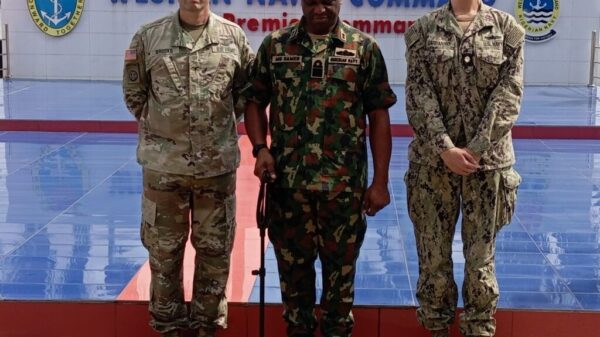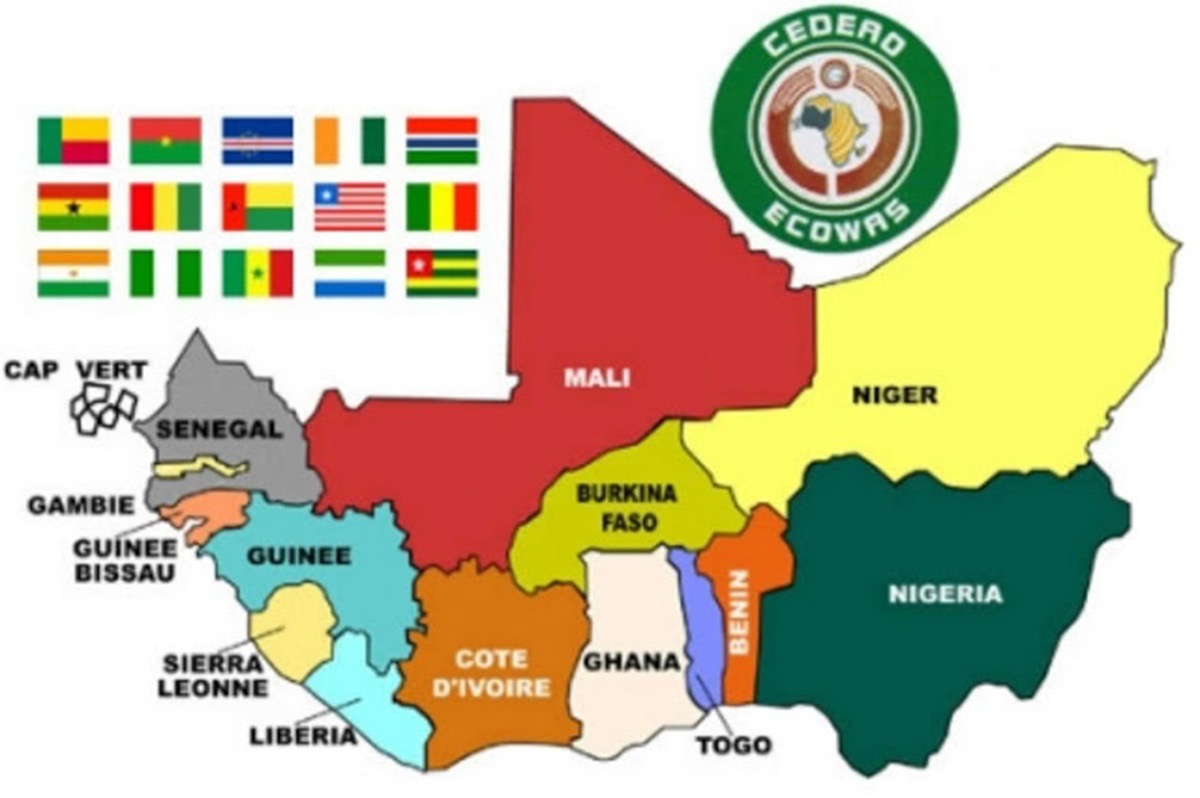The plan for the realisation of a single currency, Eco, for the Economic Community of West African States (ECOWAS) by 2027 is unrealistic, the West African Monetary Zone (WAMZ) says on Monday.
Dr Olorunsola Olowofeso, the Director-General of WAMZ, said that the date was not realistic because all the WAMZ member-states have not met all the required criteria.
He spoke against the backdrop of the recently held 48th meeting of the Committee of Governors of the Central Banks of the member-states of the WAMZ in Abuja.
According to him, it is unlikely that any of the member-states will satisfy all four primary convergence criteria on a sustainable basis between 2024 and 2026.
“The quest for a single currency by WAMZ will take much longer to achieve as the convergence indicators have declined significantly.
“The assessment of member states’ performance reveals that, as of the end of June 2023, all member states failed to meet all the four primary convergence criteria.
“The zone’s performance score declined to 29.2 percent, compared to 41.7
percent during the same period in 2022,” he said.
He said that the medium-term projections on macroeconomic convergence suggested that none of the WAMZ member-states would meet all the primary convergence criteria sustainably between now and 2027 for the convergence phase of the ECOWAS Single Currency Roadmap.
Meanwhile, Nigeria’s Minister of Finance and Coordinating Minister for the Economy, Wale Edun, said that Nigeria remained committed to achieving the WAMZ objectives.
Edun said: “ I am sure we have the wherewithal and resilience to realise the WAMZ ambition.
“We must, as a bloc, work together to strengthen and improve the economies of the zone ” he said.
WAMZ is a group of six countries within ECOWAS formed in 2000.
Member countries are Nigeria, the Gambia, Ghana, Guinea, Liberia, and Sierra Leone.
At the ECOWAS 55th ordinary session in July 2019, the 15-member regional group agreed to launch single currency, Eco, in January 2020.
While eight, mostly francophone countries — Benin, Burkina Faso, Guinea-Bissau (Portuguese-speaking), Ivory Coast, Mali, Niger, Senegal and Togo — announced in December 2019 that they would be changing from the CFA Franc to Eco, Nigeria, Sierra Leone, Ghana, Liberia and Gambia, who are all English-speaking, as well as Guinea, a francophone country, rejected the adoption of Eco.
Former President Muhammadu Buhari-led government had called for the extension of the take-off.
Nigeria’s position on the Eco currency is that the convergence criteria have not been met by majority of the countries,” the federal government had said then”.




























